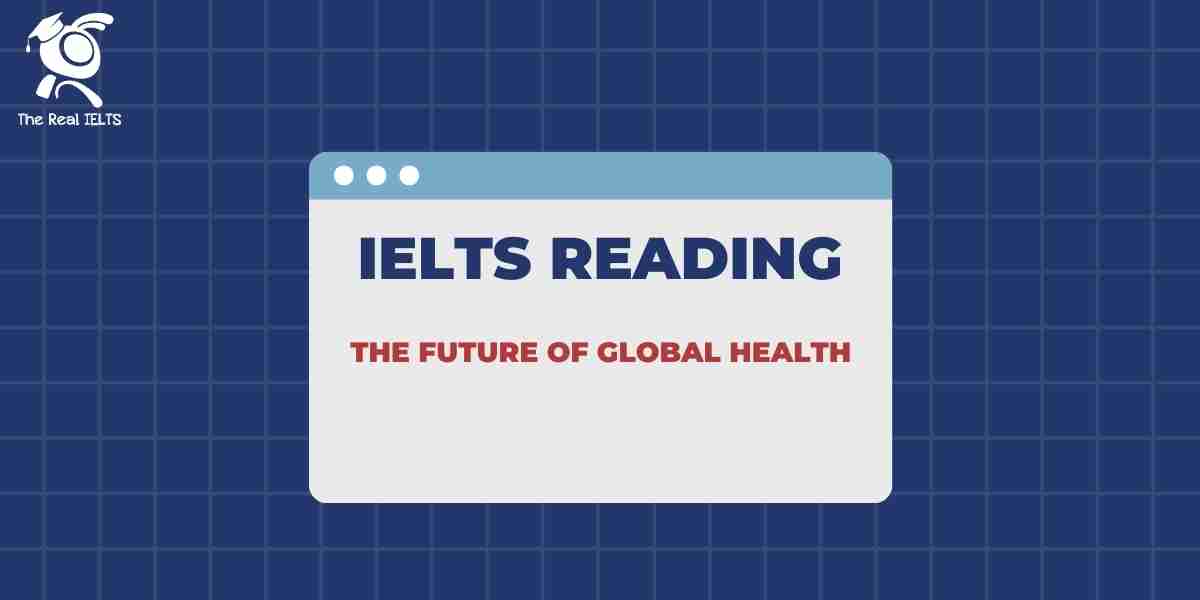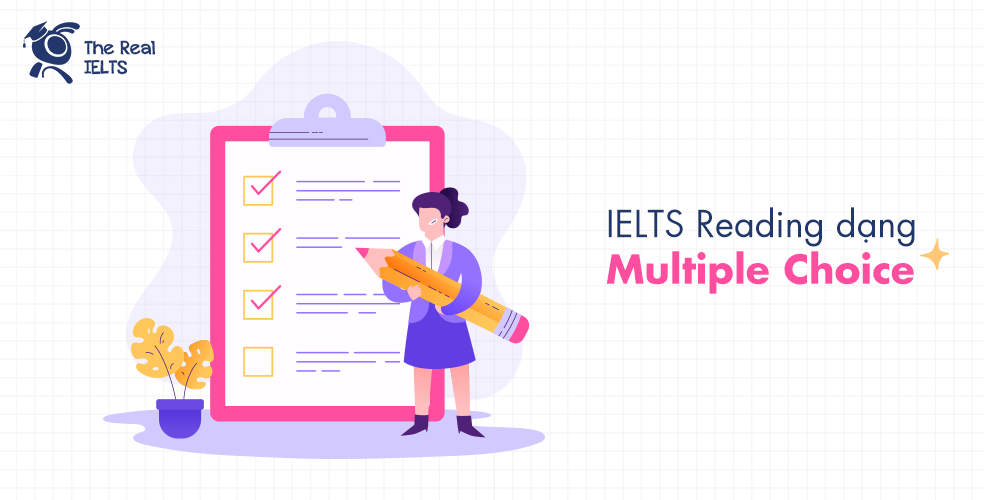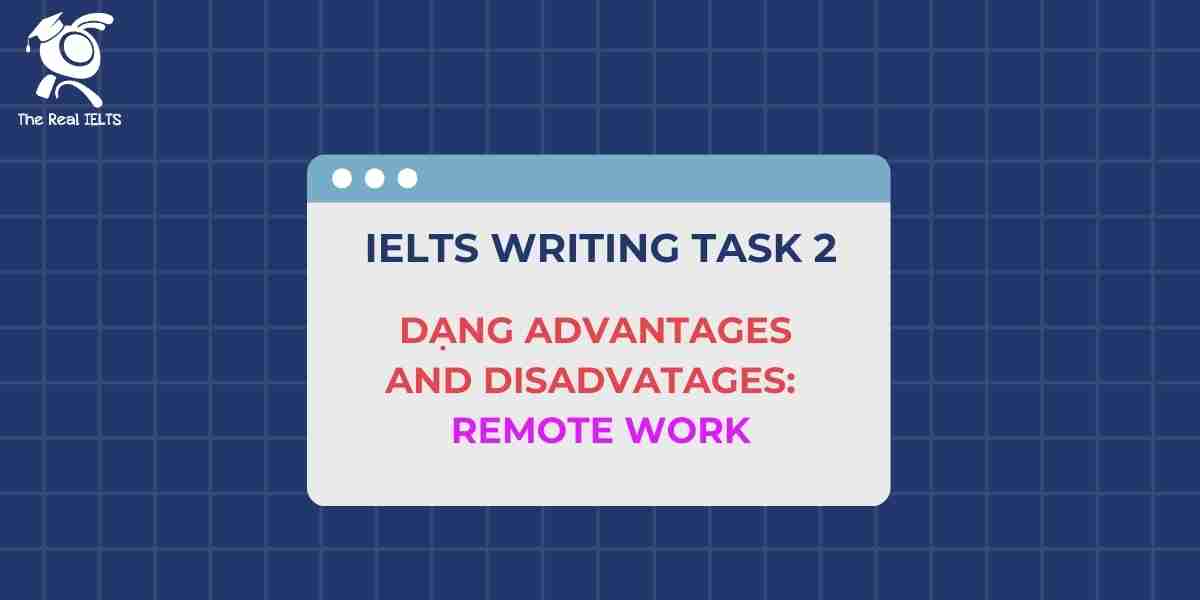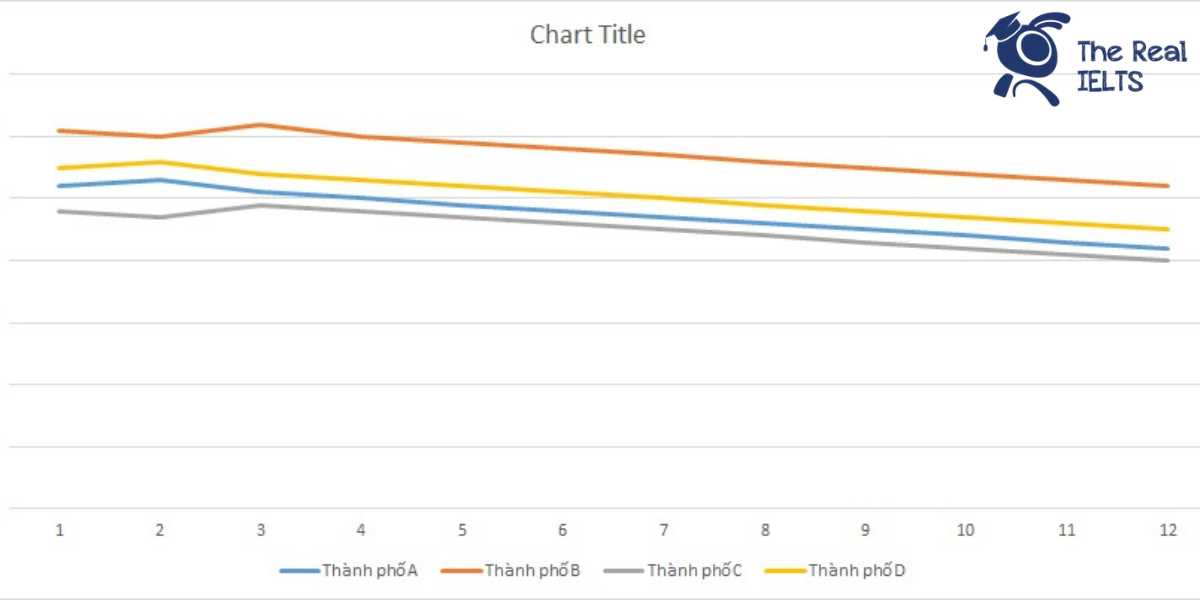Đề thi IELTS Reading có tiêu đề “The Future of Global Health”
Nhớ đọc thêm các bài luyện thi IELTS nhé.
IELTS Reading:”The Future of Global Health“
The Future of Global Health
The landscape of global health is undergoing rapid transformation, shaped by technological advancements, shifting demographics, and emerging health challenges. As we look toward the future, the global health community faces the dual challenge of addressing persistent inequalities while also preparing for new and unpredictable health threats.
One of the most significant drivers of change in global health is technology. From telemedicine to artificial intelligence (AI), technological innovations are reshaping how healthcare is delivered, especially in low- and middle-income countries. Telemedicine, for example, has the potential to bring medical expertise to remote areas, bridging the gap between urban and rural healthcare services. AI and machine learning are being used to predict disease outbreaks, optimize treatment plans, and even develop new drugs. These technologies promise to make healthcare more efficient, personalized, and accessible.
However, the rise of technology in healthcare also raises concerns about equity and access. While digital health tools have the potential to democratize healthcare, they also risk widening the gap between those who have access to these tools and those who do not. In many parts of the world, particularly in low-income countries, basic infrastructure such as electricity and internet access remains inadequate. Without addressing these fundamental issues, the benefits of digital health innovations may be unevenly distributed, exacerbating existing health disparities.
Another major factor influencing the future of global health is the shifting demographic landscape. As populations age, the burden of chronic diseases such as heart disease, diabetes, and cancer is expected to increase. In many high-income countries, healthcare systems are already struggling to cope with the demands of an aging population. Meanwhile, in low- and middle-income countries, the rise of non-communicable diseases is adding to the existing burden of infectious diseases, creating a double burden of disease.
The future of global health will also be shaped by the ongoing threat of pandemics. The COVID-19 pandemic has highlighted the vulnerability of even the most advanced healthcare systems to infectious disease outbreaks. In the coming years, global health experts will need to focus on strengthening health systems to be more resilient to such threats. This includes investing in early warning systems, improving global coordination, and ensuring equitable access to vaccines and treatments.
Climate change is another critical issue that will have far-reaching implications for global health. Rising temperatures, changing weather patterns, and environmental degradation are already contributing to the spread of vector-borne diseases, food and water insecurity, and displacement of populations. The health impacts of climate change are expected to intensify in the coming decades, particularly in vulnerable regions. Addressing these challenges will require a multi-sectoral approach that integrates health considerations into climate policy and vice versa.
Global health governance will also play a crucial role in shaping the future of global health. The World Health Organization (WHO) and other international bodies will need to adapt to the changing landscape by strengthening their capacity to respond to global health emergencies and coordinating international efforts to tackle health challenges. This will require greater collaboration between governments, non-governmental organizations, and the private sector, as well as increased investment in global health initiatives.
Finally, the future of global health will be determined by the ability of the global health community to address health inequalities. Despite significant progress in recent decades, health disparities between and within countries remain stark. Addressing these disparities will require a renewed focus on the social determinants of health, including education, income, and living conditions. Efforts to improve global health must be underpinned by a commitment to equity, ensuring that all people, regardless of where they live, have access to the resources and opportunities needed to lead healthy lives.
In conclusion, the future of global health is at a crossroads. Technological advancements, demographic shifts, and emerging health challenges present both opportunities and risks. To navigate these changes, the global health community must prioritize equity, strengthen health systems, and foster global collaboration. Only by doing so can we hope to build a healthier, more just world for future generations.
Đề bài thi IELTS Reading
Multiple Choice (MCQs)
- Which of the following is a significant driver of change in global health?
- A) Political stability
- B) Technology
- C) Cultural shifts
- D) Economic policies
- Telemedicine primarily aims to:
- A) Replace traditional hospitals
- B) Reduce the cost of healthcare
- C) Bring medical expertise to remote areas
- D) Train healthcare professionals
- AI and machine learning in healthcare are used for:
- A) Increasing patient numbers
- B) Developing new healthcare policies
- C) Predicting disease outbreaks
- D) Providing nutritional advice
- The main concern with the rise of technology in healthcare is:
- A) The quality of care
- B) The cost of new technologies
- C) The risk of widening health disparities
- D) The complexity of systems
- The aging population will lead to an increase in:
- A) Infectious diseases
- B) Non-communicable diseases
- C) Healthcare innovations
- D) Government spending on education
- The double burden of disease refers to:
- A) An increase in healthcare costs
- B) The coexistence of non-communicable and infectious diseases
- C) The aging of the population
- D) The rise of technology in healthcare
- What does the COVID-19 pandemic highlight about healthcare systems?
- A) Their efficiency in dealing with chronic diseases
- B) Their vulnerability to infectious disease outbreaks
- C) Their reliance on AI
- D) Their ability to manage climate change impacts
- Climate change is expected to worsen:
- A) Access to education
- B) Food and water insecurity
- C) Digital healthcare
- D) Economic growth
- The role of WHO in the future will be to:
- A) Improve local healthcare services
- B) Strengthen global health governance
- C) Promote individual health choices
- D) Develop new healthcare technologies
- Which of the following is necessary for addressing global health inequalities?
- A) Advanced technology
- B) Equity-focused policies
- C) More private sector involvement
- D) Reducing healthcare costs
True/False/Not Given (TFNG)
- Telemedicine is expected to replace traditional in-person consultations.
- True
- False
- Not Given
- AI is only used for developing new drugs in healthcare.
- True
- False
- Not Given
- Basic infrastructure issues must be addressed before digital health tools can be widely implemented.
- True
- False
- Not Given
- Non-communicable diseases are decreasing in high-income countries.
- True
- False
- Not Given
- The COVID-19 pandemic has led to significant improvements in healthcare systems globally.
- True
- False
- Not Given
- Climate change has no impact on global health.
- True
- False
- Not Given
- WHO will need to collaborate more with non-governmental organizations in the future.
- True
- False
- Not Given
- Health disparities are primarily caused by a lack of education.
- True
- False
- Not Given
- The global health community is solely responsible for addressing health inequalities.
- True
- False
- Not Given
Yes/No/Not Given (YNNG)
- The author believes that technology will completely solve global health issues.
- Yes
- No
- Not Given
- The author suggests that aging populations are a challenge mainly for low-income countries.
- Yes
- No
- Not Given
- The author implies that pandemics are the most critical future threat to global health.
- Yes
- No
- Not Given
- The author argues that health and climate policies should be integrated.
- Yes
- No
- Not Given
- The author thinks that the private sector should play a larger role in global health governance.
- Yes
- No
- Not Given
Matching Information (MI)
- Match the following innovations with their corresponding descriptions:
- A) Telemedicine
- B) Artificial Intelligence
- C) Early warning systems
- D) Personalized treatment plans
i) Uses digital platforms to deliver healthcare remotely.
ii) Helps predict disease outbreaks and trends.
iii) Customizes healthcare based on individual patient data.
iv) Strengthens health systems to be resilient against pandemics.
Matching Headings (MH)
- Choose the most suitable heading for each paragraph in the passage:
- i) Technological Transformations in Healthcare
- ii) The Role of WHO in Global Health Governance
- iii) Demographic Changes and Their Impact
- iv) Addressing Health Inequalities
- v) The Challenges of Climate Change
- Paragraph 1:
- Paragraph 2:
- Paragraph 3:
- Paragraph 4:
- Paragraph 5:
Matching Features (MF)
- Match each factor with the challenge it presents in the future of global health:
- A) Technological innovations
- B) Aging populations
- C) Climate change
- D) Health governance
i) Increases the burden of chronic diseases.
ii) May widen health disparities if not properly managed.
iii) Contributes to the spread of vector-borne diseases.
iv) Requires greater global collaboration and coordination.
Matching Sentence Endings (MSE)
- Match the beginning of each sentence with the correct ending:
- A) Telemedicine could help bridge the gap between…
- B) The rise of AI in healthcare has the potential to…
- C) Health systems must become more resilient to…
- D) Addressing health disparities will require…
i) infectious disease outbreaks like pandemics.
ii) urban and rural healthcare services.
iii) reduce the global burden of disease.
iv) a focus on social determinants of health.
Sentence Completion (SC)
- Digital health innovations have the potential to __________ healthcare.
- The __________ is expected to increase as populations age.
- Global health experts must focus on strengthening __________ to combat future pandemics.
- Rising temperatures are expected to increase the spread of __________.
- Efforts to improve global health must be grounded in __________.
Summary Completion (SNC)
- Complete the summary with the correct words: “The future of global health is influenced by numerous factors, including technology, demographics, and __________. While technological innovations such as telemedicine and AI offer significant benefits, there are concerns about __________ if these technologies are not equitably distributed. Additionally, the aging global population is expected to increase the burden of __________, while climate change poses further threats by exacerbating food and water insecurity and contributing to the spread of __________.”
Short Answer Questions (SAQ)
- What does the author suggest is essential for building a healthier world for future generations?
Đáp án bài thi IELTS Reading
Multiple Choice (MCQs)
- B) Technology
- C) Bring medical expertise to remote areas
- C) Predicting disease outbreaks
- C) The risk of widening health disparities
- B) Non-communicable diseases
- B) The coexistence of non-communicable and infectious diseases
- B) Their vulnerability to infectious disease outbreaks
- B) Food and water insecurity
- B) Strengthen global health governance
- B) Equity-focused policies
True/False/Not Given (TFNG)
- False
- False
- True
- False
- False
- False
- True
- Not Given
- False
Yes/No/Not Given (YNNG)
- No
- No
- Yes
- Yes
- Not Given
Matching Information (MI)
i) A) Telemedicine
ii) C) Early warning systems
iii) D) Personalized treatment plans
iv) B) Artificial Intelligence
Matching Headings (MH)
- Paragraph 1: i) Technological Transformations in Healthcare
- Paragraph 2: iii) Demographic Changes and Their Impact
- Paragraph 3: v) The Challenges of Climate Change
- Paragraph 4: ii) The Role of WHO in Global Health Governance
- Paragraph 5: iv) Addressing Health Inequalities
Matching Features (MF)
i) B) Aging populations
ii) A) Technological innovations
iii) C) Climate change
iv) D) Health governance
Matching Sentence Endings (MSE)
i) C) Health systems must become more resilient to
ii) A) Telemedicine could help bridge the gap between
iii) B) The rise of AI in healthcare has the potential to
iv) D) Addressing health disparities will require
Sentence Completion (SC)
- democratize healthcare.
- burden of chronic diseases is expected to increase as populations age.
- Global health experts must focus on strengthening health systems to combat future pandemics.
- Rising temperatures are expected to increase the spread of vector-borne diseases.
- Efforts to improve global health must be grounded in equity.
Summary Completion (SNC)
“The future of global health is influenced by numerous factors, including technology, demographics, and climate change. While technological innovations such as telemedicine and AI offer significant benefits, there are concerns about equity if these technologies are not equitably distributed. Additionally, the aging global population is expected to increase the burden of chronic diseases, while climate change poses further threats by exacerbating food and water insecurity and contributing to the spread of vector-borne diseases.”
Short Answer Questions (SAQ)
- Equity is essential for building a healthier world for future generations.
Luyện tập bài khác ở bài viết:”100 bài luyện IELTS Reading 2024 – 2025“















